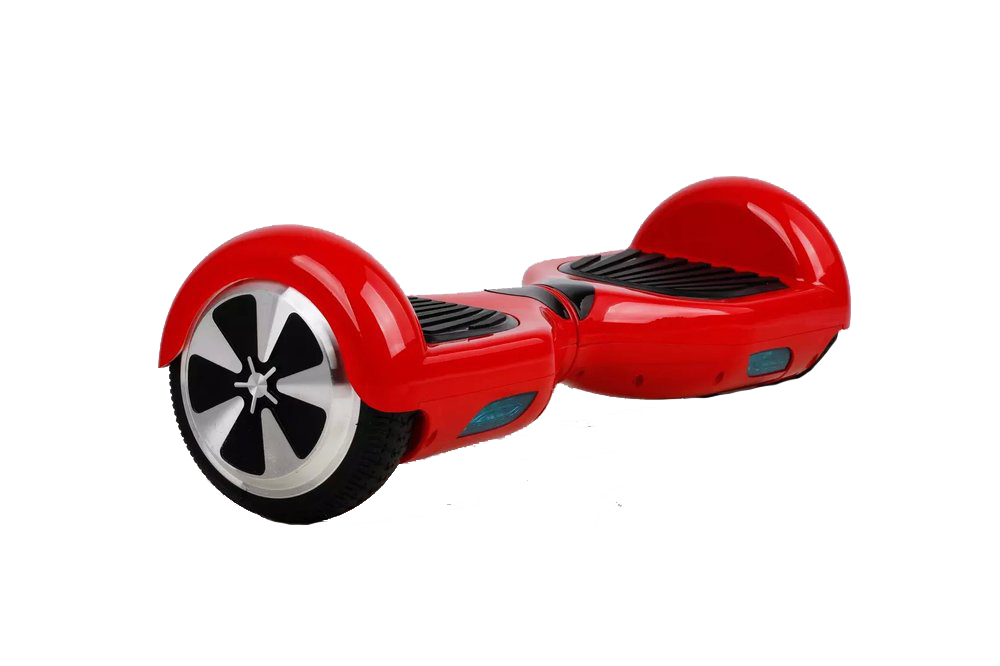The cliché relationship breakup line is, “It’s not you, it’s me.” For recent mainstream media reports of problems with fake products sold on Amazon, it’s closer to, “It’s not us, it’s them.”
First, as reported by the LA Times and Nashville Tennessean, a Nashville family is suing Amazon for $1 million after their house was destroyed by a fire caused by a hoverboard. Tennessee law allows a seller to be held liable when the manufacturer can’t be found. The lawsuit says the seller of the hoverboard listed online, “W-Deals,” is a sham organization registered to an apartment in New York City. W-Deals has not responded to requests for information from lawyers. The case alleges the family was sold a counterfeit product from China instead of a brand with a Samsung lithium ion battery they believed they were buying from Amazon. Steve Anderson, an attorney representing the family, said they “contend that Amazon and its various subsidiaries had information about the danger of this product well in advance of the January fire, and on top of that, they had notice, they should have known the product was being misrepresented on their website."
 This news follows on the heels of the announcement the last week of October that another 16,000 counterfeit hoverboards, with unauthorized batteries and fake trademarked logos, had been seized in a warehouse outside Chicago. The real manufacturer has not been identified for the $6 million worth of now useless hoverboards, which is the largest seizure to date.
This news follows on the heels of the announcement the last week of October that another 16,000 counterfeit hoverboards, with unauthorized batteries and fake trademarked logos, had been seized in a warehouse outside Chicago. The real manufacturer has not been identified for the $6 million worth of now useless hoverboards, which is the largest seizure to date.
Then, there’s the sting that Apple ran on products bearing the company’s trademark sold on Amazon. Apple ordered phone cords and other accessories sold as Apple products on Amazon.com, and paid Apple-like premium prices. A full 90 percent of them turned out to be counterfeit on inspection. According to Forbes, most of them were traced back to a small New Jersey company called Mobile Star LLC. That company sold its fakes through Amazon fulfillment, or in the lingo of Amazon.com, “FBA” (fulfilled by Amazon). You might want to check for the FBA designation before your next purchase, these products are sourced, purchased and owned by a company that is NOT Amazon. According to Andrew Hamada, who has worked with Getty, iStock and Amazon in ecommerce, FBA items will not have Amazon as the seller of record for export and warranty purposes. For expensive electronics, you may want to make sure that the FBA seller is a licensed dealer for the product.
The fact of the matter is that counterfeits hurt consumers, and hurt the economy. News did come out last week that Amazon is, for the first time in 20 years, suing merchants selling counterfeit items on its marketplace. Perhaps the next time you are tempted to source a knockoff with too-good-to-be-true pricing just to meet an end-user’s tight budget, you won’t.
Speaking of deals and tight budgets, with the holidays approaching, let’s switch from Amazon to thrift stores. They can be a reasonable alternative for savers – at least for some items. But, according to a new report from the Campaign for Healthier Solutions, they are a bad idea for toys, jewelry, school supplies, cosmetics, and kids’ pajamas. The national coalition of more than 100 health, community and environmental justice organizations, found that over 81 percent of 164 household items tested for the report contained at least one hazardous chemical above levels of concern. The items came from the four largest discount thrift chains in the country, 99 Cents Only stores, Dollar General, Dollar Tree, and Family Dollar. Even products that were relatively chemical-free themselves were found packaged in unsafe materials. The report turned up the familiar usual suspects from our industry – phthalates, PVC, and lead – with nearly half of the thrift store items having more than one chemical above acceptable levels.
According to biggreenpurse.com, chronic diseases and health concerns in children related to chemical exposure are all too familiar, but still striking. Here are just four from other recent studies:
• Attention-deficit/hyperactivity disorder (ADHD) in children increased by 50 percent from 1997–2010, and autism spectrum disorders increased by 1,000 percent;
• Leukemia in children increased by 55 percent between 1975 and 2005, and primary brain cancer in children increased by 39 percent;
• The prevalence of asthma in children has more than doubled (100 percent increase) since 1980;
• Major birth defects are now the leading cause of infant death; the rate of some birth defects are increasing, e.g. hypospadias (birth defect of the urethra in males) has doubled.
So, what’s the takeaway on all of this? While it is a cliché, it has never been more true – if a deal seems too good to be true, it probably is.
Jeff Jacobs has been an expert in building brands and brand stewardship for more than 35 years, working in commercial television, Hollywood film and home video, publishing, and promotional brand merchandise. He’s a staunch advocate of consumer product safety and has a deep passion and belief regarding the issues surrounding compliance and corporate social responsibility. He retired earlier this year as executive director of the Quality Certification Alliance, the only non-profit dedicated to helping suppliers provide safe and compliant promotional products. Before that, he was director of brand merchandise for Michelin. As a recovering end-user client, he continues to consult Fortune 500 consumer brands on promo product safety. You can also find him working as a Guardian ad Litem, traveling the world with his lovely wife, or enjoying a cigar at one of his favorite cigar shops. Follow Jeff on Twitter, or reach out to him at jacobs.jeffreyp@gmail.com.